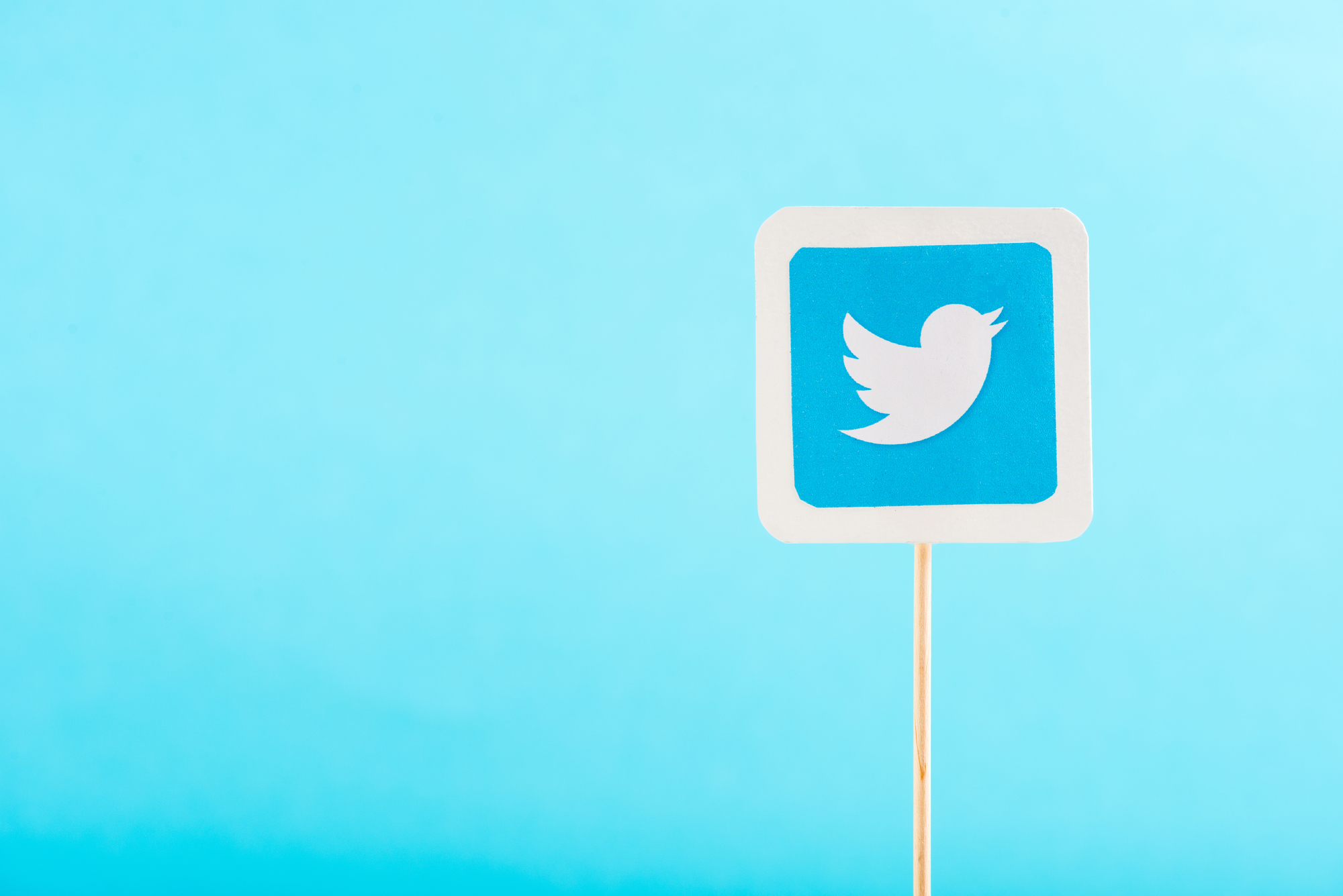
Twitter to Allow Some Cannabis Advertising
Until recently, all of the “big” social media companies banned U.S. companies from cannabis advertising on their platforms. At the same time, they imposed pretty unclear and inconsistent requirements on hemp advertising (in this post, when I refer to “cannabis” I mean only “marijuana” consistent with many states’ definitions of the term). All of this led to companies rolling the dice, posting things that rubbed right up against the edges of the bans, and sometimes losing their accounts without any real remedy. That is now changing, at least on Twitter.
Twitter has, for at least a few years, allowed limited cannabis advertising on its platform from licensed Canadian companies. In the U.S. though, it only allowed limited hemp advertising for things like topical hemp products. Its policy had extremely strict guardrails to ensure that advertisers complied with state law. Now a very similar policy is being implemented for cannabis advertising.
Twitter’s new cannabis advertising rules
Twitter’s cannabis advertising rules are set out in the “Drugs and drug paraphernalia” section of its website policies. The policy merges hemp advertising and cannabis advertising restrictions into one unified policy, which has the following affirmative requirements:
- Advertisers must be licensed by the appropriate authorities, and pre-authorized by Twitter.
- Advertisers may only target jurisdictions in which they are licensed to promote these products or services online.
- Advertisers may not promote or offer the sale of Cannabis (including CBD– cannabinoids)
- Exception: Ads for topical (non-ingestible) hemp-derived CBD topical products containing equal to or less than the 0.3% THC government-set threshold.
- Advertisers are responsible for complying with all applicable laws, rules, regulations, and advertising guidelines.
- Advertisers may not target customers under the age of 21.
The Twitter policy also states that cannabis advertisements and hemp advertisements may:
- Not appeal to minors in the creative, and landing pages must be age gated and sales must be age verified.
- Not use characters, sports-persons, celebrities, or images/icons appealing to minors.
- Not use minors or pregnant women as models in advertising.
- Not make claims of efficacy or health benefits.
- Not make false/misleading claims.
- Not show depiction of cannabis product use.
- Not depict people using or under the influence.
- Not encourage transport across state lines.
Analysis of Twitter’s new cannabis advertising rules
It’s clear that the Twitter policy does not give carte blanche to allow any kind of cannabis advertisements. Instead, cannabis firms may be able to advertise (but not for specific products) if they have licenses, are pre-authorized by Twitter (and it’s not yet 100% clear what Twitter will require to give its consent), only advertise to persons over 21, and do not engage in any of the prohibited conduct noted above.
The prohibited conduct section is interesting in that it seems to mix in concepts from hemp and cannabis regulation in ways that I do not think make a lot of sense. For example, advertisers are prohibited from making health claims. While this makes sense for hemp advertising given the FDA’s prohibition on health claims, it makes no sense for cannabis. Most states that authorize cannabis only authorize medical cannabis. Companies in those states will need to be extremely careful not to make any medical claims in their advertisements, even though their entire business model and licensing regimes are set up around the health benefits of cannabis.
Additionally, the Twitter policy prohibits cannabis and hemp advertising from encouraging interstate transport. This makes sense for cannabis advertising where interstate transport is not yet allowed. But it makes no sense for hemp advertising given that hemp is routinely sold in interstate commerce in ways that do not violate state law.
Not bad, not terrible
The bottom line is that the Twitter policy is less than perfect but is definitely a step in the right direction. Over time, we expect that the company will adopt changes to the policy to reflect the fact that the same rules cannot be easily applied to both cannabis and hemp. In the meantime, stay tuned to the Canna Law Blog for more updates on social media cannabis advertising.












